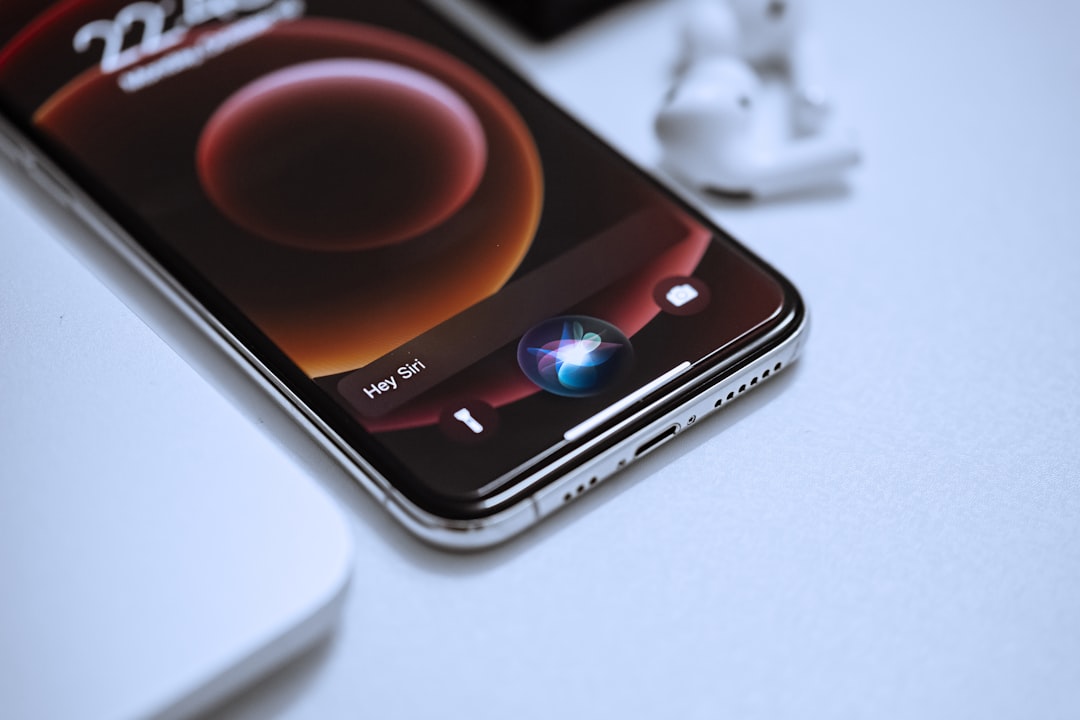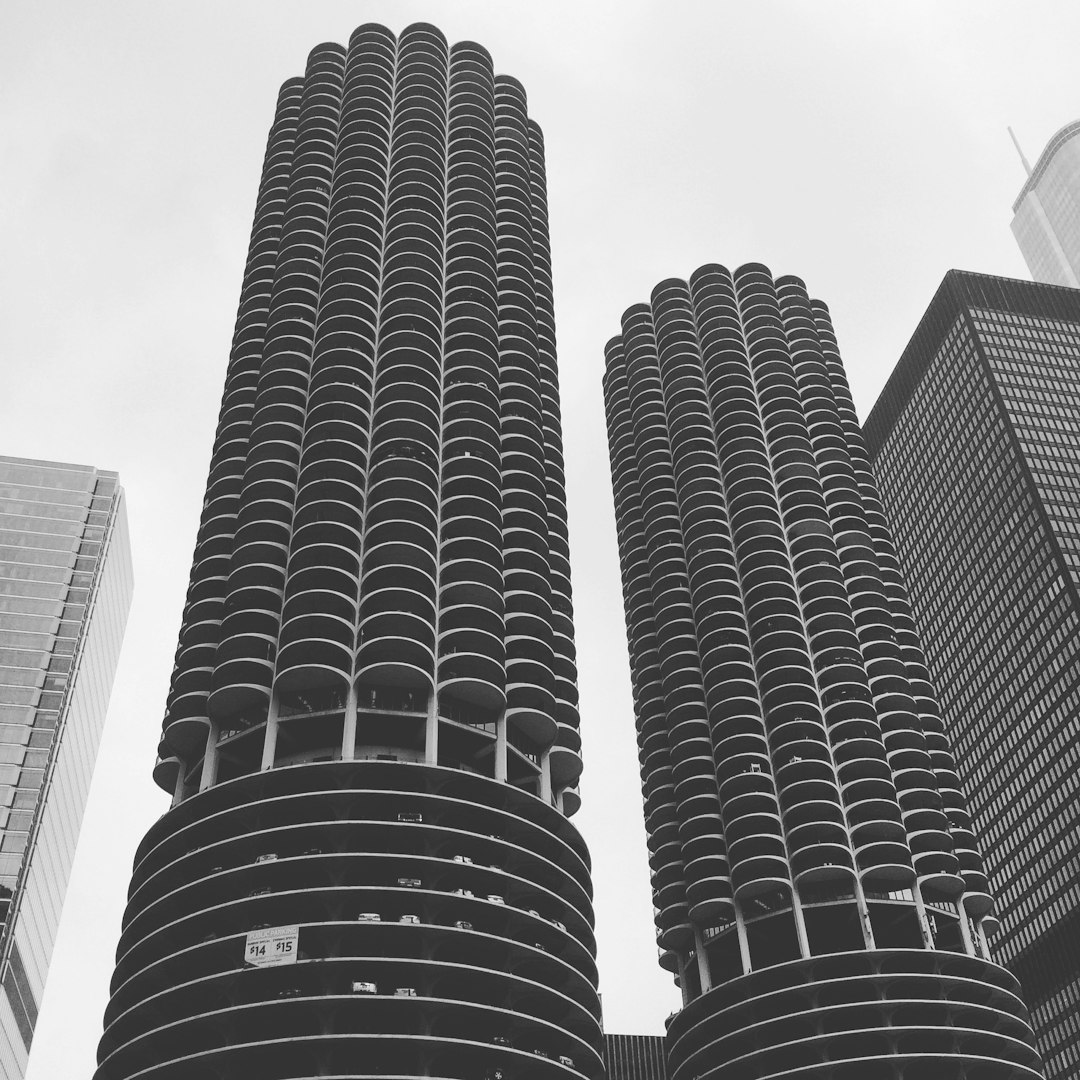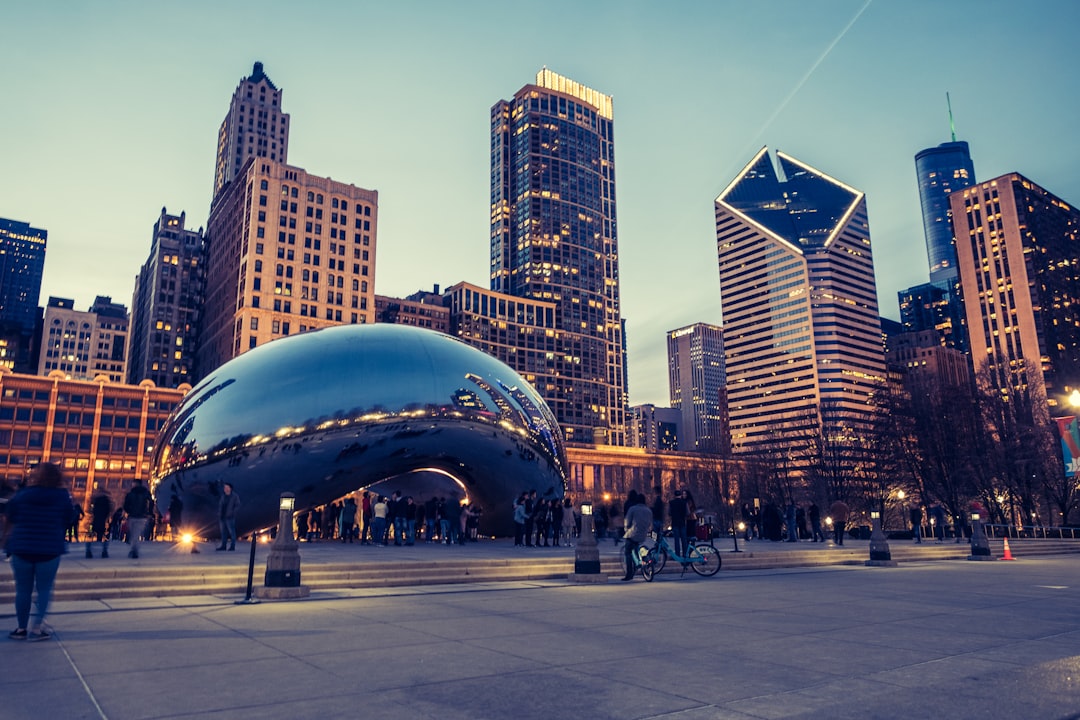Unprotected contact information makes Illinois residents vulnerable to online risks like spam calls, fraud, and identity theft. To stop spam calls in Chicago, residents should register on the National Do Not Call Registry, update privacy settings, use call-blocking apps, and install hardware solutions. By limiting personal info sharing, utilizing device and app privacy settings, enabling call blocking, and filing complaints with the Illinois Attorney General's office, residents can protect their privacy and curb unwanted calls.
In today’s digital age, contact information is valuable currency. Illinois residents, particularly those in bustling Chicago, face a growing menace from spam calls—unwanted and intrusive phone communications that can compromise privacy and safety. This article explores the dangers of unprotected data, delves into the impact of spam calls across Illinois, offers practical steps to safeguard your privacy, outlines legal rights, and provides best practices for maintaining a secure contact list, empowering Chicagoans to combat this modern-day enigma effectively.
Understanding the Dangers of Unprotected Contact Information

Unprotected contact information can expose residents of Illinois to various risks, especially in today’s digital age where personal data is highly valuable to scammers and cybercriminals. When your phone number or email address becomes publicly available, it opens doors for unwanted and often malicious attention. Spam calls are a common nuisance, but they can also be a gateway for fraudsters to gain access to sensitive information or even impersonate you, leading to identity theft and financial loss.
Moreover, having your contact details widely circulated increases the likelihood of becoming a target for phishing scams, where scammers may attempt to trick individuals into revealing passwords or personal data. In Illinois, as in many states, there are laws in place to protect residents from certain forms of telemarketing practices, but consumers still need to be proactive in safeguarding their privacy. Understanding these dangers is the first step towards taking control and implementing measures to stop spam calls Chicago and beyond.
The Prevalence and Impact of Spam Calls in Illinois

In Illinois, as in many states across the country, spam calls have become an increasingly prevalent and irritating issue for residents. These unwanted phone calls, often from automated systems or telemarketers, are designed to solicit sales, promote products, or share dubious offers—all while invading your privacy. The impact of these spam calls extends beyond mere frustration; they can be a significant nuisance, wasting valuable time and potentially leading to safety concerns. With the ease of modern technology, scammers and marketers can target large groups of people simultaneously, making it more challenging for individuals to maintain control over their contact information.
To combat this problem, Chicago residents have several options available to them when it comes to How to Stop Spam Calls. Implementing simple measures like registering on the National Do Not Call Registry is a crucial first step. Additionally, reviewing and updating privacy settings on your phone and social media accounts can help restrict access to your contact details. Using call-blocking apps or installing hardware-based solutions for your home telephone system are also effective strategies to minimize the number of spam calls you receive.
Protecting Your Privacy: Steps to Reduce Spam Calls
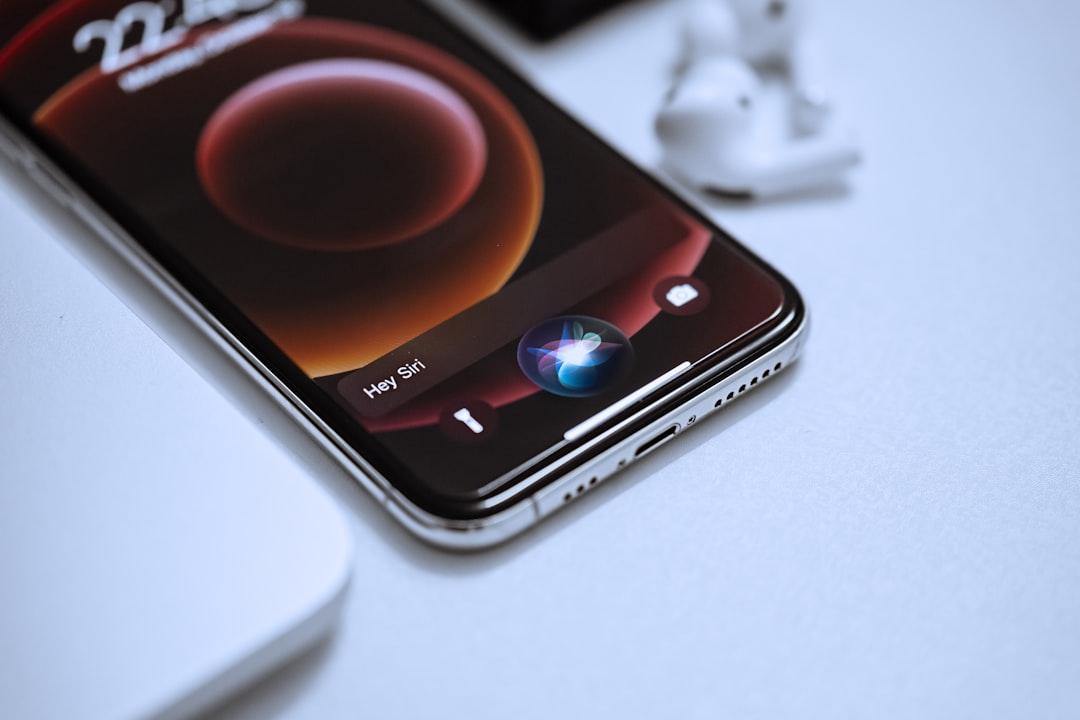
Protecting your privacy is a crucial aspect of maintaining peace of mind, especially in today’s digital age where personal information is highly valuable. One of the primary ways to safeguard your privacy is by keeping your contact details secure and reducing unwanted spam calls. In Illinois, as in many other states, residents often face an influx of unsolicited phone calls from marketing firms and scammers.
To combat this issue, Chicago residents can take several proactive steps. First, consider limiting the availability of your phone number online. Be cautious when sharing your contact details on public forums, social media platforms, or registration forms. Utilize privacy settings to restrict access to your number. Additionally, register for Do Not Call lists at both the state and national levels, which can significantly reduce the volume of marketing calls you receive. Regularly review and update your privacy settings on devices and applications to ensure your contact information isn’t being shared without your consent.
Legal Rights and Resources for Illinois Residents
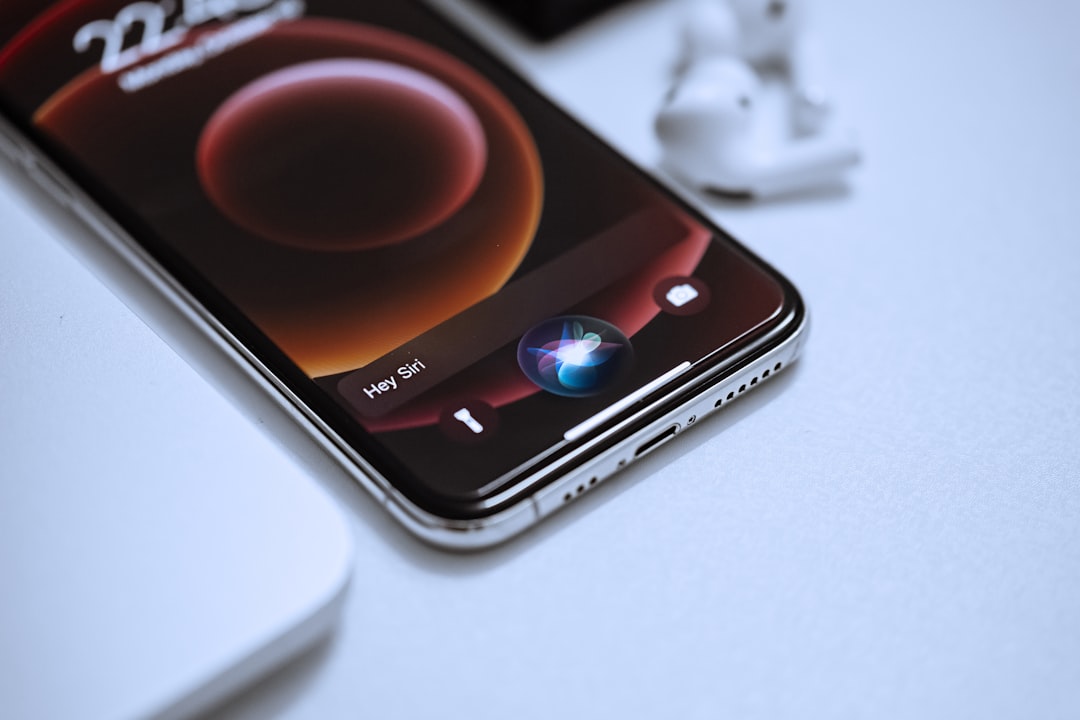
As an Illinois resident, you’re protected by various laws designed to safeguard your privacy and personal information. The state has stringent regulations in place to combat unwanted telemarketing calls and protect consumers from spam. Understanding your legal rights is a crucial step in keeping your contact details private.
If you’re facing persistent spam calls or unsolicited marketing, there are resources available to help. The Illinois Attorney General’s office offers guidance and support for residents dealing with these issues, including advice on how to stop spam calls Chicago. You can file a complaint if you believe your rights have been violated, which may lead to legal action against the culprits. These measures ensure that your privacy is respected, and unwanted contact remains just that—unwanted.
Best Practices for Maintaining a Secure Contact List

To maintain a secure contact list and protect yourself from unwanted spam calls in Chicago, follow these best practices:
1. Limit Sharing: Be cautious about how much personal information you share online or over the phone. Avoid listing your number publicly on websites or social media profiles. Only share your contact details with trusted individuals and organizations.
2. Use Privacy Settings: Utilize privacy settings offered by your communication devices, operating systems, and apps. For instance, enable call blocking and unknown caller identification features to filter out potential spam calls. Regularly review and update these settings to ensure optimal security.
